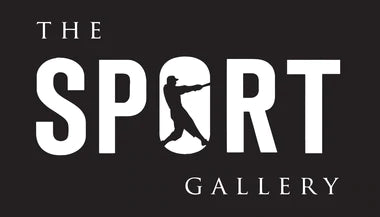It's a new year, which means it's time for a new blog series. And so, allow us to introduce Who Were They? a look back in time at some of the most important – yet less understood – terms, teams, and individuals of sporting history. First off is the National Hockey League's "Original Six."
There is an unmistakeable mystique to the oldest franchises among the four major North American sports leagues, but perhaps none more so than the Original Six. The name is actually something of a misnomer; the term was never used during the period it references (1942-1967) and only two of the franchises in question – the Montreal Canadiens and the Toronto Maple Leafs – were on hand for the start of the league in 1917.
The NHL's first 25 years were tumultuous ones, with franchises failing in a half dozen cities. The Montreal Wanderers folded six games into the first season when their arena caught on fire and burned to the ground. But hockey had caught the imagination of fans in Boston, New York, Chicago, and Detroit, and after the folding of second franchises in Montreal (the Maroons, in 1938) and New York (the Americans, in 1942), the NHL embarked a quarter-century of shocking stability – and thus the Original Six was born.

The deep sense of nostalgia the era evokes certainly isn't rooted in its competitiveness. The Montreal Canadiens won 10 of the 25 available Stanley Cups, the Maple Leafs captured nine (including their most recent, in 1967), the Detroit Red Wings five, the Chicago Black Hawks one, with the Boston Bruins and New York Rangers shut out.
The leading scorer of the era was, of course, Gordie Howe, with 1501 points, trailed distantly by Maurice Richard, Jean Beliveau, Andy Bathgate, and Alex Delvecchio. The winningest goalie was Terry Sawchuk, with 430 wins, followed by Glenn Hall, Jacques Plante, Harry Lumley, Gump Worsley, and Johnny Bower.
As mentioned, the term "Original Six" was not used contemporaneously during the period, but was first referenced in a piece by Tom Fitzgerald in the Boston Globe on June 9, 1967, a few days after the expansion draft that saw the NHL double in size to 12 teams overnight. The term didn't come into widespread use until the 1990s.
